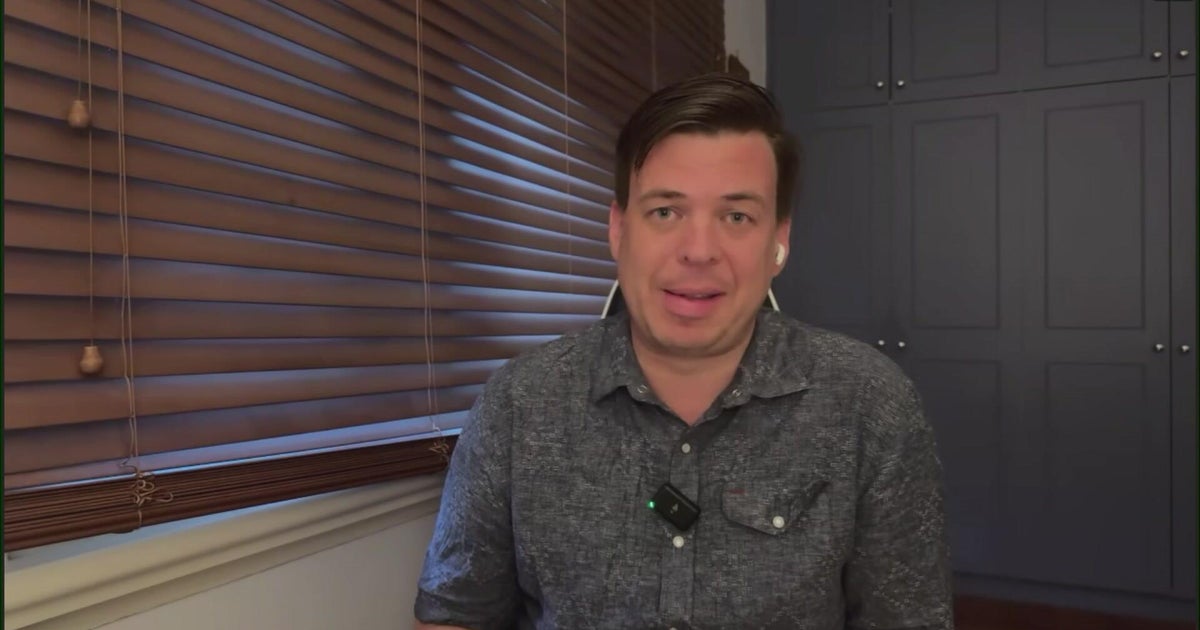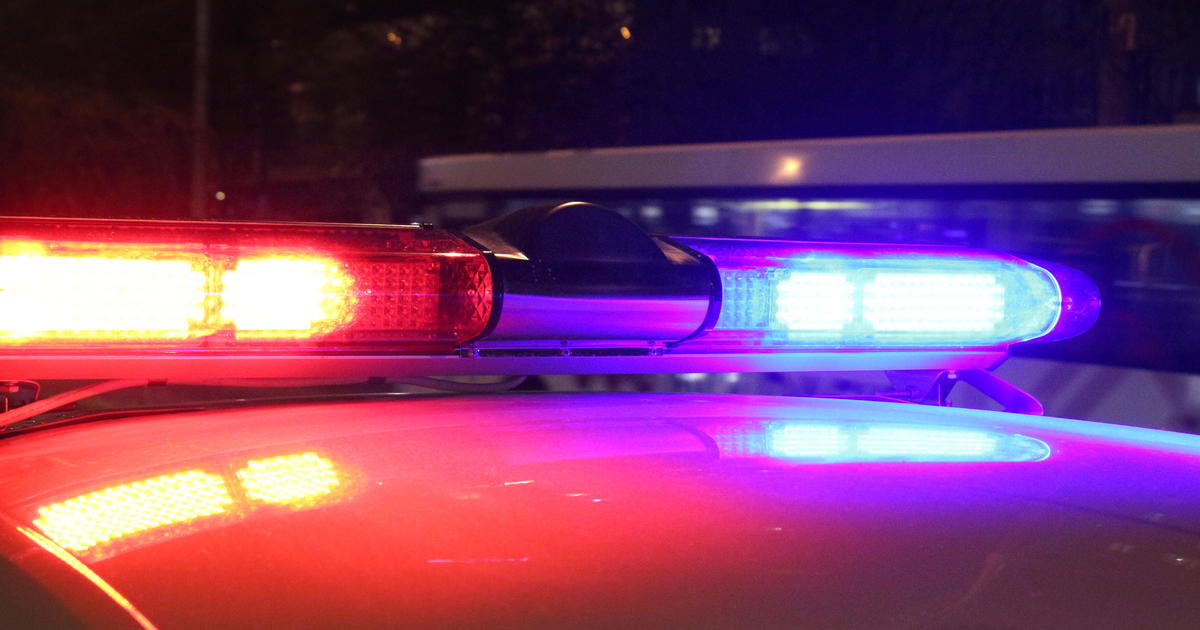Sri Lanka suspects still at large as ISIS role in bombings takes shape
Latest developments:
- ISIS' role in the Sri Lanka Easter bombings is still unclear, but Australia says the terror group helped pick targets.
- Sri Lanka's president says a key suspect in the attacks, who appeared in an ISIS video, was killed in the bombings.
- There have been some major missteps, both before and after the attacks, by Sri Lankan officials, worrying residents with suspects still at large.
An Islamic extremist believed to have played a key role in Sri Lanka's deadly Easter bombings died in an attack on a Colombo hotel, the country's president confirmed Friday. The news came amid a chaotic investigation into the bombing attacks -- and mounting anger over intelligence failures that seem to have allowed the terrorists to strike in spite of warnings.
"What intelligence agencies have told me is that Zahran was killed during the Shangri-La attack," President Maithripala Sirisena told reporters on Friday, referring to Zahran Hashim, leader of a local extremist group known by the acronym NJT. It is one of two domestic groups Sri Lankan officials believe to have been behind the attack -- but they have always said the local militants likely had help from an "international" network.
Hashim appeared in a video released by the Islamic State of Iraq and Syria (ISIS) shortly after the group claimed responsibility for the bombings, but his whereabouts after the blasts was not immediately clear.
Sri Lankan officials made it clear on Thursday that some suspects in the bombings remain at large, and they could still have explosives. Sri Lanka and other countries continued to warn on Friday that more attacks were possible.
On Thursday the U.S. Embassy in Colombo warned people in Sri Lanka to avoid religious services in the country amid the ongoing threat. The country's Catholic churches have cancelled Sunday services, and a government minister asked Muslims to stay home for Friday prayers instead of going to mosques. There have been fears of a backlash against Sri Lanka's Muslim minority in the wake of the bombings.
ISIS' role in the attack
Sirisena did not immediately clarify what Hashim's role was in the attack on the Shangri-La, one of at least six bomb blasts that killed over 250 people on Sunday.
U.S. Secretary of State Mike Pompeo has said ISIS very likely inspired the attack -- at least -- but the extent to which the group actually helped carry it out has remained unclear.
On Friday, Australia's prime minister said the Sri Lankan militants did have some level of support from ISIS, including helping to identify the targets of the attacks -- which included three churches packed with Easter worshippers and three luxury hotels.
ISIS, which seized a vast swathe of Syria and Iraq in 2014, was only recently deprived of its last territorial foothold in Syria.
As CBS News correspondent Charlie D'Agata reported from the front lines of the final offensive against ISIS in Syria, the group was never expected to just disappear, even without territory. Instead, analysts said the group would likely disperse and reshape itself into a more traditional, stateless terror organization.
The fact that thousands of foreign fighters from Europe, Asia, the Middle East and even the U.S. came to ISIS' self-declared "caliphate" to fight for the group and live under its draconian interpretation of Islam has left the world's security agencies with daunting new challenges.
Scores of ISIS militants and their families have been arrested and are detained in Syria and Iraq. Their home countries remain confounded by what to do with them. But the more immediate risk is battle hardened militants who slip through the security net and make it back to their home countries undetected, or detected but not sufficiently monitored.
Prime Minister Scott Morrison said Friday that the Sri Lanka attacks highlight that risk, but it wasn't clear whether Morrison was referring to specific intelligence about the suspects in the attacks, or more generically about the threat of an evolving ISIS. He said ISIS' support for the plot in Sri Lanka included helping to select targets for the attacks.
His government, meanwhile, warned travelers that "terrorists are likely to carry out further attacks in Sri Lanka." The updated travel advice on an Australian government website said Friday that, "attacks could be indiscriminate, including in places visited by foreigners."
Intelligence failure
The president of Sri Lanka has said he was kept entirely in the dark about intelligence warnings.
Senior Sri Lankan police were handed intelligence from India's government warning that extremists might try to carry out bombing attacks in the run up to Easter, but President Maithripala Sirisena told reporters on Friday that he was never informed, and he blamed his government's inaction on the country's police chief and defense secretary, who resigned on Thursday.
Sirisena insisted that Sri Lanka would be able "to completely control ISIS activities" inside the country.
Mistakes and misinformation
From early on in the investigation, Sri Lankan authorities have released incomplete and inaccurate information about the bombings, shaking the nation's confidence in its leaders and drawing promises of a shake-up in the security services.
Just days after the attacks, a government minister said Sri Lanka's investigation had shown the bombings were carried out as retribution for the shooting attack on mosques in New Zealand in March. That information has never been corroborated.
On Thursday, Sri Lankan police tweeted a set of photos of apparent suspects in the attacks, asking the public to help locate them for arrest. One of the images was of an American woman, Muslim activist and author Amara Majeed, who has Sri Lankan parents but nothing to do with the attacks in their homeland.
"I have this morning been FALSELY identified by the Sri Lankan government as one of the ISIS Easter attackers in Sri Lanka," the Baltimore native tweeted on Thursday. "What a thing to wake up to!"
Sri Lankan police later admitted the mistake and said the photo was used in error.
Meanwhile, on Thursday Sri Lankan officials blamed the confusion caused by the coordinated bombing attacks for a dramatic change in the official death toll. At least 253 people are now said to have been killed on Sunday -- but before announcing that toll on Thursday the government had put the figure at 359.



